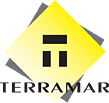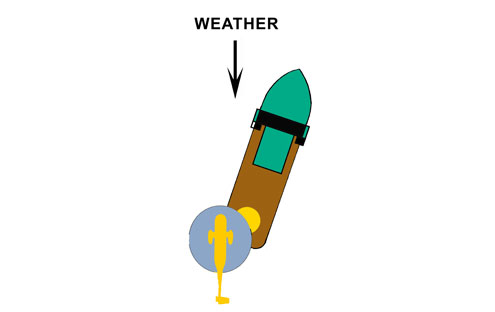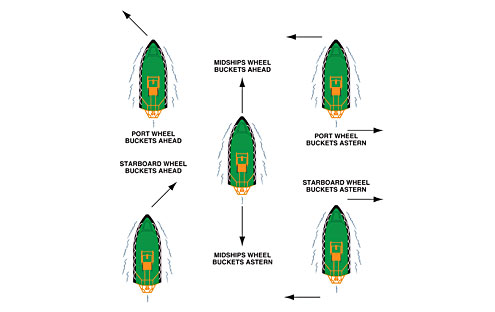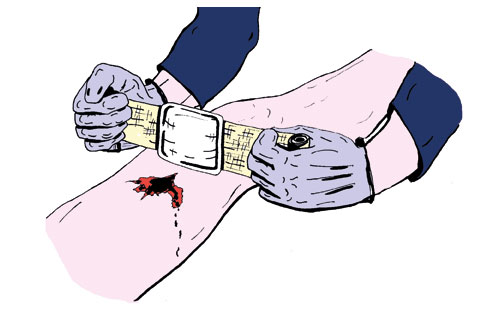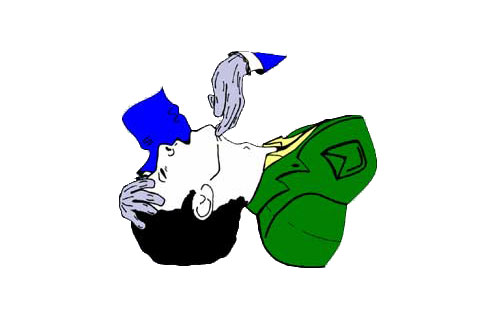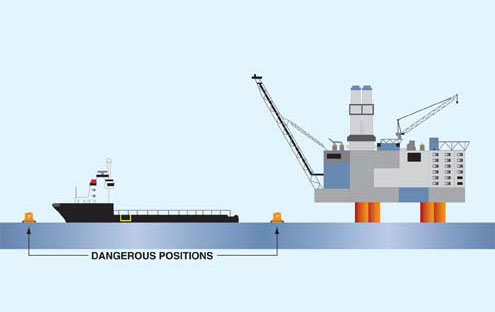LOADING
Employed on over 100 rescue vessels our Ongoing, Onboard Development and Training Programme (OODTP) ensures that all crew members can maintain their competencies in marine rescue, recovery and medical aid even though they are rarely called to put their skills and knowledge to the test in real emergencies. However, as has been proven in the past, when called upon they have performed admirably and this is in part due to their competencies being maintained through our comprehensive OODTP.
However the benefits of ongoing training are not restricted to the offshore marine rescue industry, they can be enjoyed by many forms of employment particularly where the competencies that require to be maintained are only to be demonstrated on an irregular basis. Most emergency response training falls in to this category including first aid, fire fighting and offshore survival. In many cases all aspects of training can be addressed, however where specific equipment or environment is required that is not available in the workplace then ongoing training can be used to reduce the contact time on refresher courses.
However the benefits of ongoing training are not restricted to the offshore marine rescue industry, they can be enjoyed by many forms of employment particularly where the competencies that require to be maintained are only to be demonstrated on an irregular basis. Most emergency response training falls in to this category including first aid, fire fighting and offshore survival. In many cases all aspects of training can be addressed, however where specific equipment or environment is required that is not available in the workplace then ongoing training can be used to reduce the contact time on refresher courses.
© Terramar Ltd
